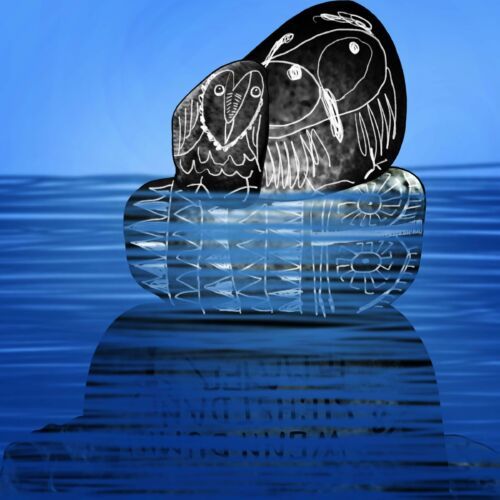Human rights and press freedom in Nicaragua and Guatemala
The Inter-American Court of Human Rights has found the Nicaraguan government guilty of contempt of court for ignoring rulings issued between 2021 and 2022. The decisions of the judicial institution of the Organization of American States concerned the fate of 46 Nicaraguan political prisoners arrested by the government of President Daniel Ortega. Human rights organisations say there are currently 219 political prisoners in Nicaraguan jails. Nicaraguan authorities, dominated by Ortega’s Sandinista National Liberation Front, have ordered the closure of more than 1,000 NGOs there.
According to the newsgroup Independent Journalists and Communicators of Nicaragua, since 2018, when those taking part in mass street protests demanded Ortega step down, at least 50 media outlets have been shut down, and more than 150 journalists have been forced to emigrate. In recent years, the Nicaraguan government has denied entry to foreign correspondents from other information services.
Guatemala’s opinion-making investigative newspaper “El Periódico” has suspended its print edition following the arrest by the local government of its president, José Rubén Zamora. He had supervised dozens of investigations into corruption since the newspaper was founded in 1996. All newspaper reporters were fired, and the Guatemalan government withdrew advertising and was said to be pressuring companies to do the same. Around 30 former anti-corruption officials have fled the country. The US government has criticised the weakening of anti-corruption efforts in Guatemala.

























